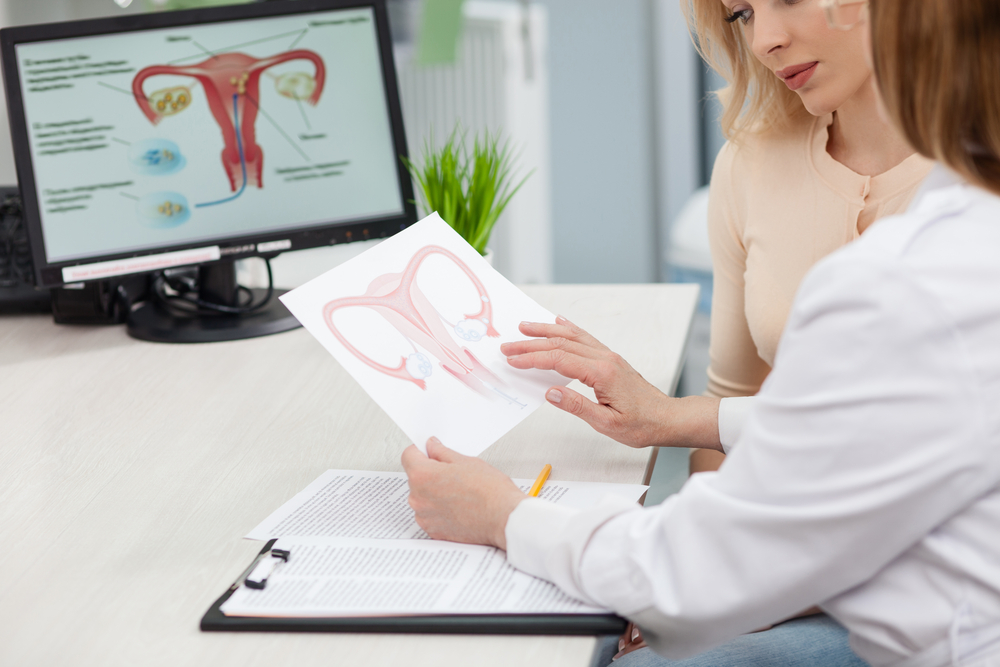Making the decision to have a hysterectomy isn’t easy for most women. It can be frightening to consider such a major procedure, and you may be wondering what will happen to your body when the surgery is complete. But sometimes, hysterectomy really is the right course of action, recommended as a solution for a series of symptoms, or due to disease. There’s a good chance that if you choose to have a hysterectomy, you will have some symptoms you need a hand in managing. Let’s take a look at some of these, and what you can do about them.
Reports show than more than half of all women who undergo hysterectomy but retain their ovaries will experience symptoms of hormone shifting and imbalance – even though their ovaries are left in place and continue to function. That’s because, though you may not be told this, the uterus and ovaries share their blood supply. Once the uterus is removed, ovarian function can be negatively affected.
Women who have an oophorectomy – where ovaries and uterus are removed – enter menopause seemingly overnight. Many women are immediately put on synthetic HRT but still report menopausal symptoms – many times in the moderate to severe range.
If you have had or are considering a partial or total hysterectomy, or a total hysterectomy with bilateral oophorectomy, there are several things you can do to help your body restore its hormonal balance.
You may want to consider hormone replacement therapy (HRT). Talk with a qualified healthcare practitioner to help you make this decision. Personal beliefs, family history, other risk factors, and the way you feel should all be taken into consideration.
If you don’t want to go that route, there are some natural solutions that can prove quite effective in bringing relief. Phytotherapy, for instance, is something I recommend my patients consider. There are herbs like black cohosh, ashwagandha, red clover and chasteberry which are known to provide support for the sex hormones (estrogen, progesterone and testosterone) which fluctuate after a hysterectomy.
Many women will report having persistent hot flashes. I recommend using soy isoflavones – about 80 mgs a day. I suggest that you chose soy which is derived from the whole bean (not the germ) in either powder or pill form.
I also recommend a high quality multivitamin/mineral complex dietary supplement. It’s a great way to support your body and insure that you are getting the nutrients you need during a time of hormonal transition.
These tips, along with paying close attention to your diet and nutrition, can offer great relief and help you get back on your feet after partial or total hysterectomy. When you know what could happen, and how to deal with potential issues, the decision may just seem a lot less scary.







